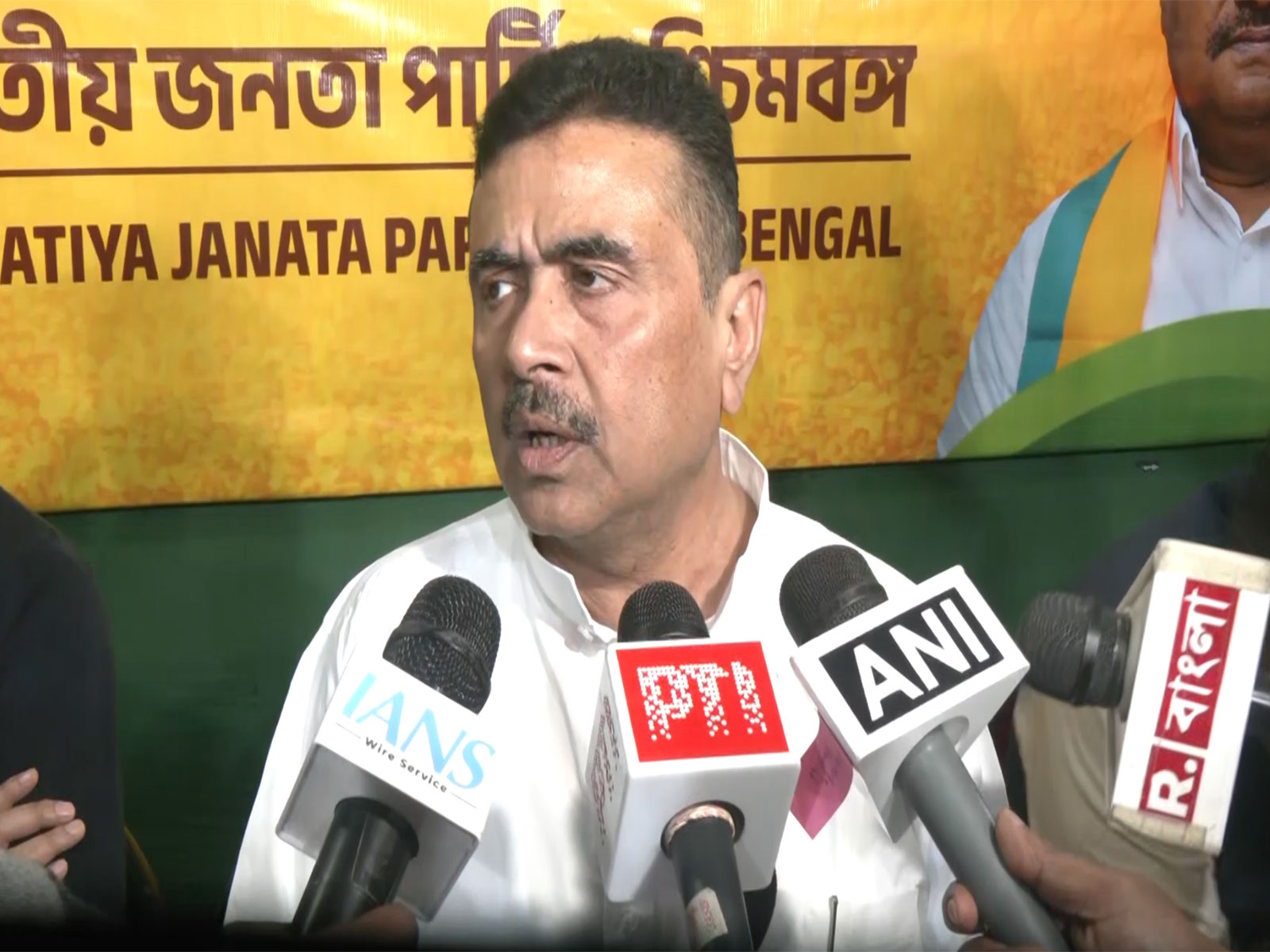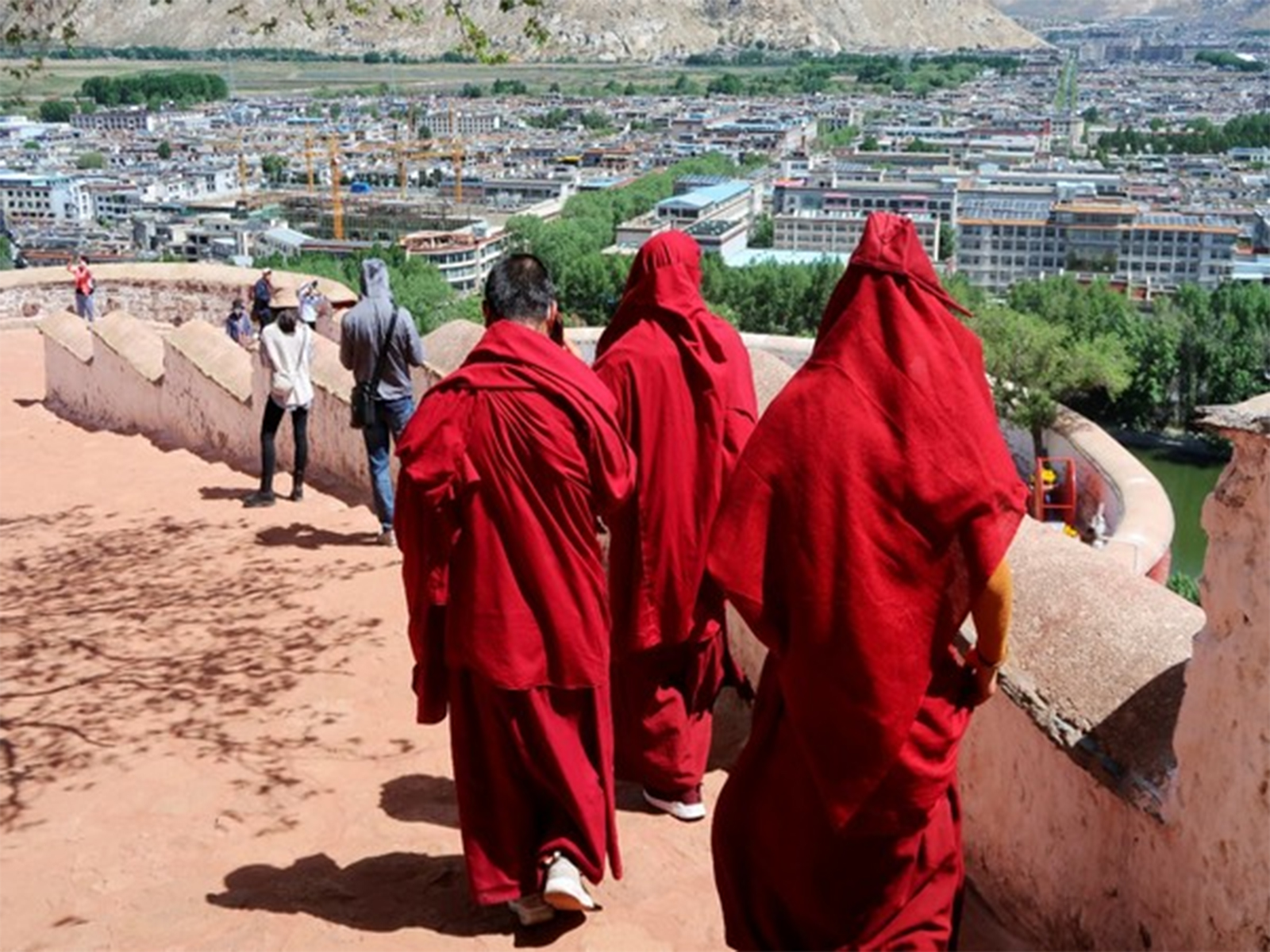PIL filed in Delhi HC against use of deepfake technologies in political campaign for Lok Sabha, assembly elections
May 01, 2024

New Delhi [India], May 1 : A Public Interest Litigation (PIL) has been moved in the Delhi High Court seeking direction to Election Commission of India (ECI) and Union of India to formulate and implement the necessary guidelines over the pervasive use of deepfake technologies in political campaign for 2024 general elections to the Lok Sabha and State Legislative Assemblies of Andhra Pradesh, Arunachal Pradesh, Odisha and Sikkim.
Plea also sought direction to social media intermediaries including Google, Meta (Formerly Facebook) and X Corp (Formerly Twitter) to take down and block Deepfake content/ concerning political candidates/ representatives/leaders and/or public figures on their respective social media platforms until the declaration of the results of the General Elections on June 4, 2024.
The plea was mentioned by the senior advocate Jayant Mehta for urgent listing of the matter before the bench led by acting Chief Justice Manmohan. Court said it may hear the matter on Thursday if all the relevant documents are filed in the registry on time today.
Plea moved by an organisation named Lawyer Voice submits that the utilization of deepfake technologies, along with the dissemination of misinformation on social media platforms and the internet, directly and significantly undermines the possibility of a free and fair election.
Plea further stated that, several international organizations and
countries have similarly observed the troubling potential of deepfake technologies for free and fair elections. For instance, political parties in the European Union have entered into a voluntary code of conduct under the EU charter on fair
campaigning, where they have committed to refraining from the usage of deepfake technologies during the elections to be held between 6th June to 9th June 2024.
This rapid dissemination of deepfake content concerning political representatives /leaders or public figures is uniquely dangerous in two ways. Firstly, this would mean that the outcome or result of an election may be manipulated by third
parties by misleading the general public, thereby infringing on their right to choose their political representatives freely, it said.
The existence of this unregulated technology would also mean that the general electorate is unable to hold their representatives accountable, if they are not able to differentiate between authentic and falsified words and actions. In this
manner, the existence and usage of deepfake technologies threatens the very foundation of a free and fair election, plea stated.
The existing statutory framework under both civil and criminal law is fairly insufficient in order to address the harms of deepfake technologies, plea read.
















